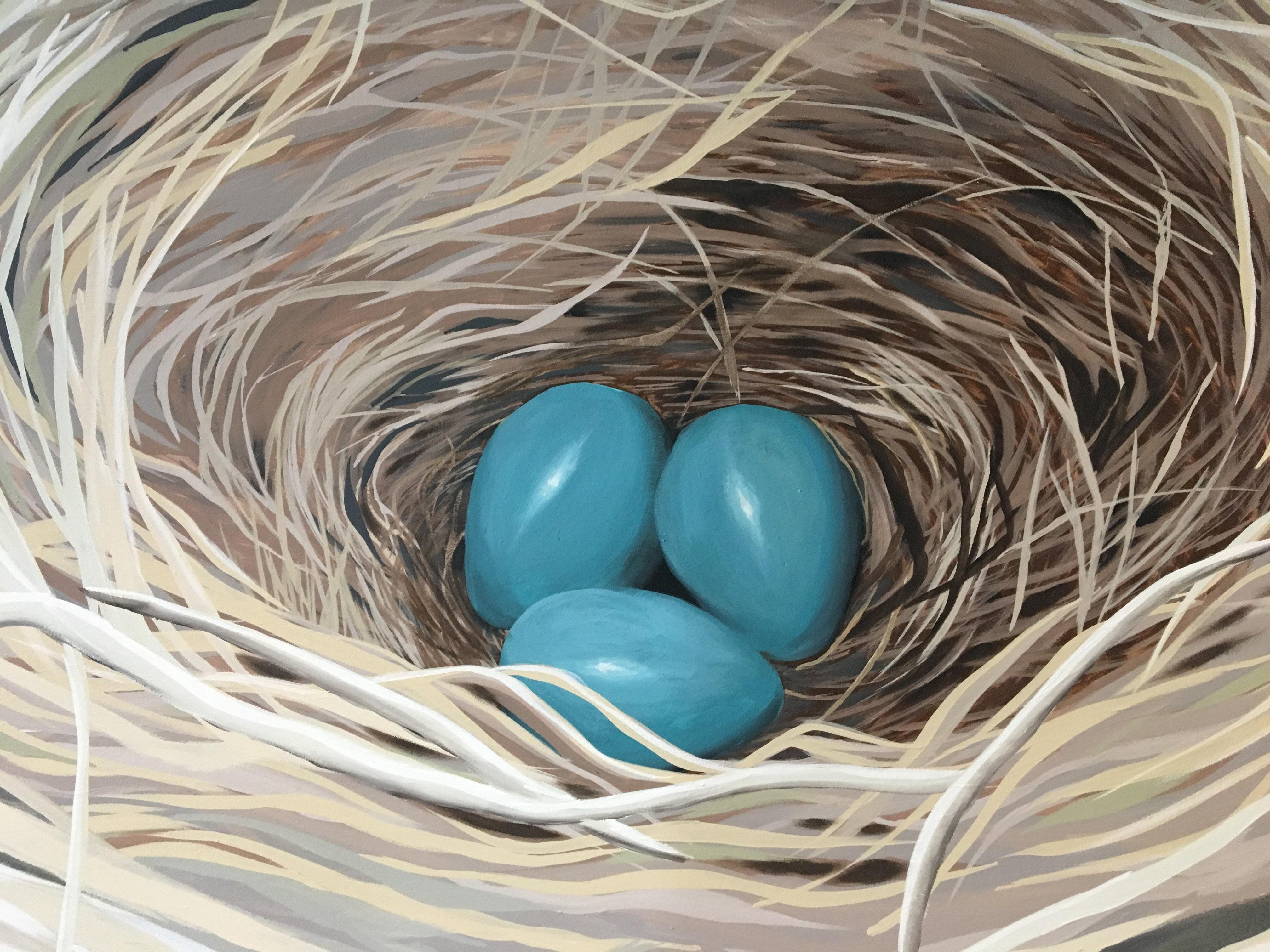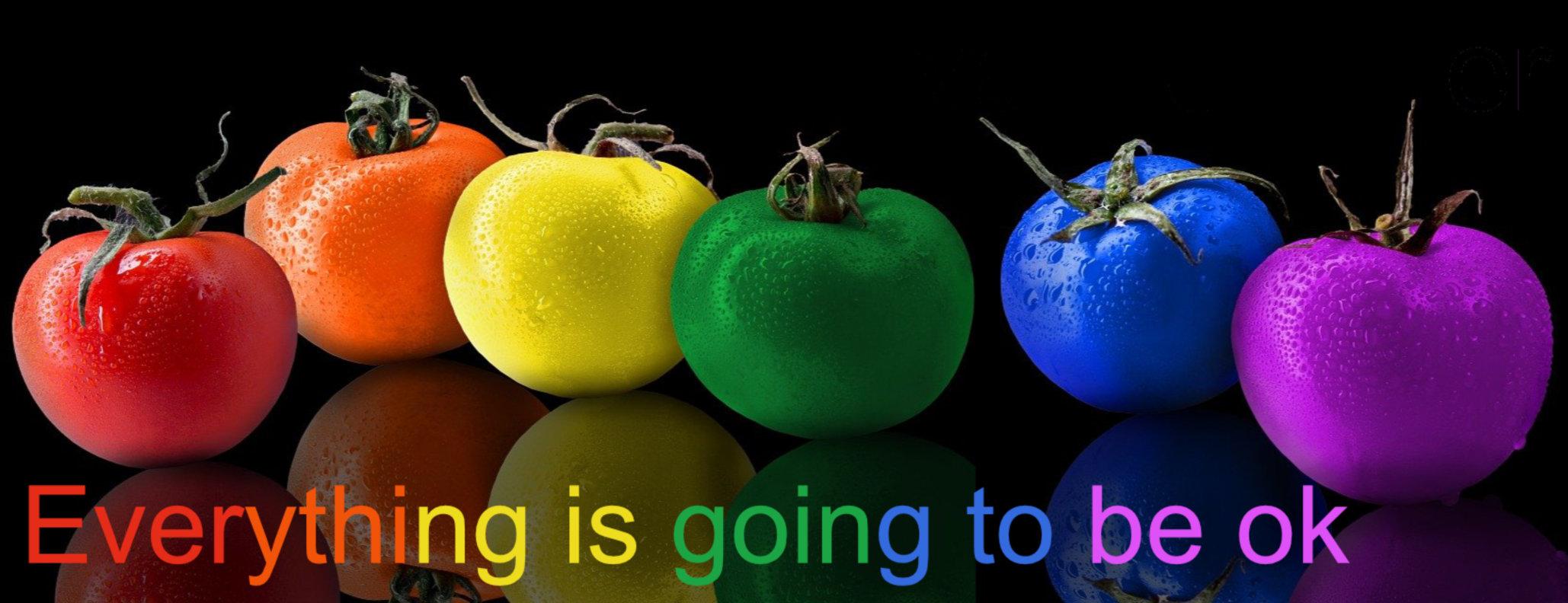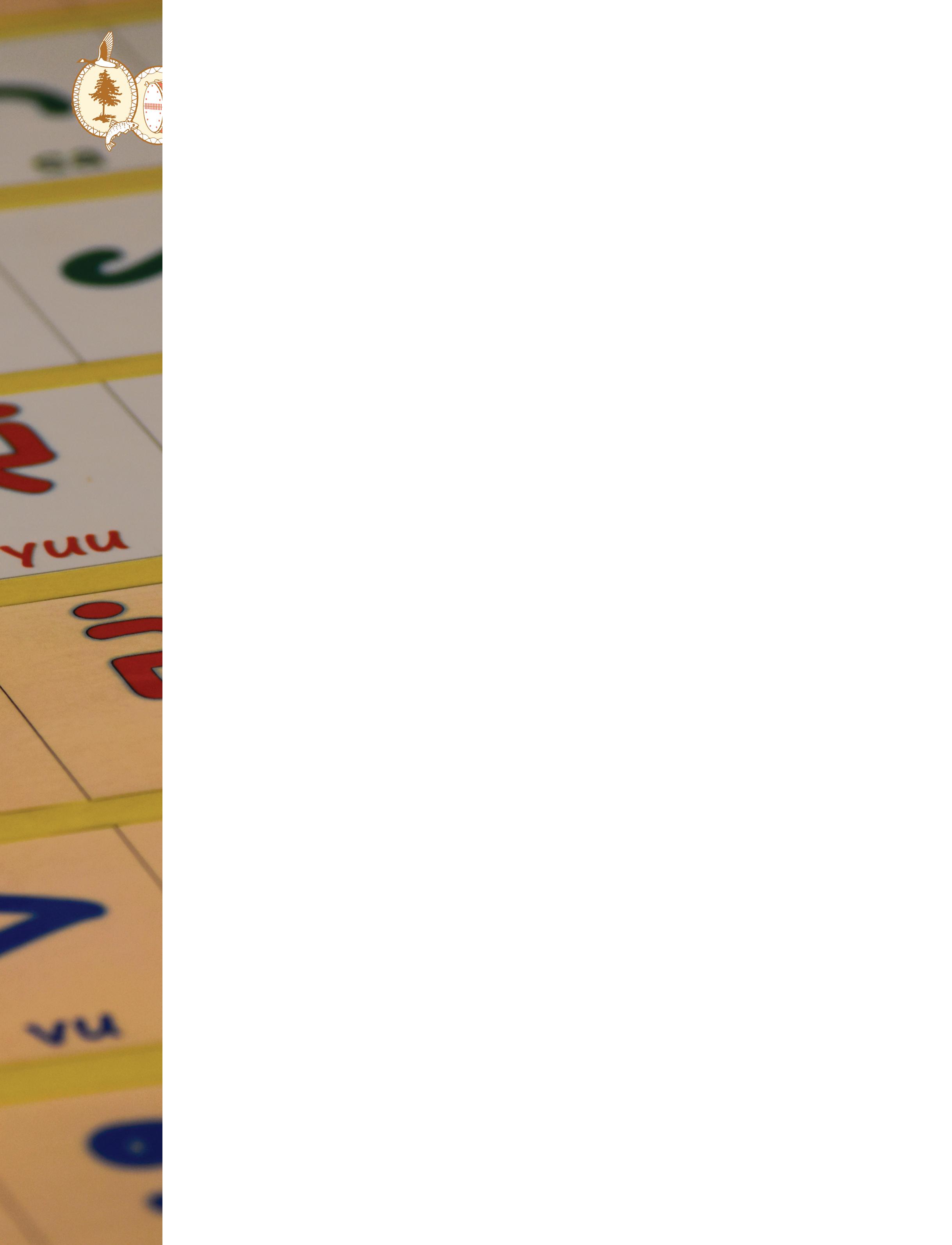
5 minute read
A NEW SCHOOL FOR AND BY FIRST NATIONS
Leadership programs for:
- Elected officials
Advertisement
Chiefs/Grand Chiefs, Vice-Chiefs and board presidents: Next cohort: November 16, 2023
Councillor/Chiefs and board administrators: Next cohort: May 25, 2023
- Entrepreneurs Next cohort: August 30, 2023
- Managers Next cohort: November 29, 2023
- Women and leadership Next cohort: June 12, 2023
*Places are limited
TO FIND-OUT MORE AND SUBMIT YOUR APPLICATION GO TO: FOLLOW US fnee.ca/programs



Here’s another edition of the Nation’s puzzle page. Try your hand at Sudoku or Str8ts or our Crossword, or better yet, solve all three and send us a photo!* As always, the answers from last issue are here for you to check your work. Happy hunting.
PREVIOUS
Previous
How to beat Str8ts –Like Sudoku, no single number can repeat in any row or column. But... rows and columns are divided by black squares into compartments. These need to be filled in with numbers that complete a ‘straight’. A straight is a set of numbers with no gaps but can be in any order, eg [4,2,3,5]. Clues in black cells remove that number as an option in that row and column, and are not part of any straight. Glance at the solution to see how ‘straights’ are formed.
To complete Sudoku, fill the board by entering numbers 1 to 9 such that each row, column and 3x3 box contains every number uniquely.
For many strategies, hints and tips, visit www.sudokuwiki.org
If you like Str8ts check out our books, iPhone/iPad Apps and much more on our store. The solutions will be published here in the next issue.
by Sonny Orr
Ilooked towards the moon, watching mankind trek around the surface for the first time back in 1969, semi-live and broadcast around the world. We didn’t have television yet in our tiny town of Fort George, so looking as hard as we could, we saw the bright moon clearly in the middle of the day against a jet blue sky. It was windy here on earth and we wondered how bad the weather was on the moon, but we went on with our lives, unaware that the world was living on a precipice and entering a new era of technology.
Back then cutting edge was the small battery-operated portable record player, which came in a variety of plastic hues and made in Japan, the transistor capital of the world. Today, transistors are a nearly extinct type of electronics that are only used in very demanding and tough situations, like in talking plastic baby dolls or any battery-operated toy.
Even as the world hurtles towards what is an increasingly unlimited technocratic society and yet, it is chained to a charging port. Our world has changed so quickly and has overwhelmed our natural senses, and taken our purpose in life away, that is – being alive. Technology may seem endless and infinite, but it needs to be powered by electricity in the end, the basic need for any technological society.
This includes us. We seem to have a heads-up on this as electricity is fairly new and still somewhat cumbersome in its delivery from the services provider. Power outages are common in the land of never-ending power source, namely the sole provider I should say.
Even though it is recent to the Far North, technology has created a vacuum of knowledge and experience in society. We take it for granted that things, such as lighting, heating and water supply, are gone in an instant when the power goes off. In some cases, information flow is interrupted, and society has a large vacuum in its knowledge base, simply because this information retention, like remembering things and using our brains, has been replaced by technology like TV, internet and blogs. So, what is the use of our brains today?
Back in the day, nothing was taken for granted. Everything had to have some actions to carry out, actions that created some blood, some sweat and some tears. It’s something else that seems to have nearly disappeared and all this work to feed our brains with knowledge has left out the experiential part. So, what happens when the power fails for longer periods, will we remember what to do?
In the Far North, sometimes it takes a few years to recover from natural disas- ters like fires. One moment you’re enjoying your favourite show streaming via satellite, then complete darkness and cold. Thankfully, we haven’t lost our traditional skills like collecting wood and starting a fire. This is because we haven’t been too dependent on any reliable source of energy long enough to get caught in that trap.



If we like technology and its wonders to take a stronghold in our society, those who supply the power will have to deliver it without interruption for at least five years. If until then, the unlimited supply of energy still has to keep its promise and keep power on long enough to gain control. In that sense, we don’t have much to worry about as power failures are still a common man-made phenomenon.
There’s still firewood as a back-up source of heat and energy. But in the Far North, where the streets still use numbers and letters as names, there are no trees to burn in case of power failures or any sort of emergency. Whether we like it or not, we are now hooked on energy and power and what it provides. Hopefully the powers that power the world keep their promises to their captive customers.
Tea & Bannock
Time out
M


My dad speaks fondly of the brotherhood he found playing for the residential school’s team and the Waswanipi Chiefs, and the sense of pride it brought when navigating an oppressive system aimed at shaming every part of his existence.
Hockey has a big place in our communities, and I understand why. The sport was a key component for boys to piece themselves back together as they transitioned from residential school to adulthood.
However, changing-room culture was and still is a fertile ground for trauma through bad coping mechanisms, and I do not think the sport is in its healthiest state in our communities, or anywhere really.
Stories of cover-ups by Hockey Canada of criminal behaviour and testimony from rookie players being sexually assaulted during hazing incidents have made headlines for over a year now.
In Eeyou Istchee, a large amount of money is invested in sponsorships for teams and events like tournaments. Players are put on a pedestal and become the stars of the community. When you sponsor people, I would imagine that
y father does not speak much about his time at La Tuque Residential School. Like many other survivors, he tells short stories and anecdotes. One thing he does recall is how hockey helped him through 10 years of political imprisonment.Collectively, we support hockey teams so much more than other activities that youth partake in. Shouldn’t we have accountability mechanisms in place to prevent disgraceful incidents from happening at tournaments?
you expect them to perform to their full potential at events that promote good sportsmanship, health and decorum.
So why are we allowing the display of debauchery we see at some of our tournaments? As a player, you are accountable to your sponsors and should be on your best behaviour to compete and to represent your community. You can’t give your best performance if you’re hungover, under the influence and short-tempered.
Collectively, we support hockey teams so much more than other activities that youth partake in. Shouldn’t we have accountability mechanisms in place to prevent disgraceful incidents from happening at tournaments?
I do not mind people drinking or using drugs on their free time, but I do not think sports events are the right place to do that and especially when that kind of money is involved.
I can understand why it could feel awkward or wrong for organizers to monitor adults when they’re off the ice. While organizers reflect on how to better promote healthy lifestyles in their events, communities should talk to members of their teams about work ethic when they are representing us.
I find it unfortunate that stories of hope and self-esteem told by residential school survivors are not reflected in what we see at hockey tournaments these days. It is sad to see some crazy-talented athletes waste their potential in self-destructive behaviour while we watch and say nothing. We should instill values like dignity and health back into hockey in Eeyou Istchee.












